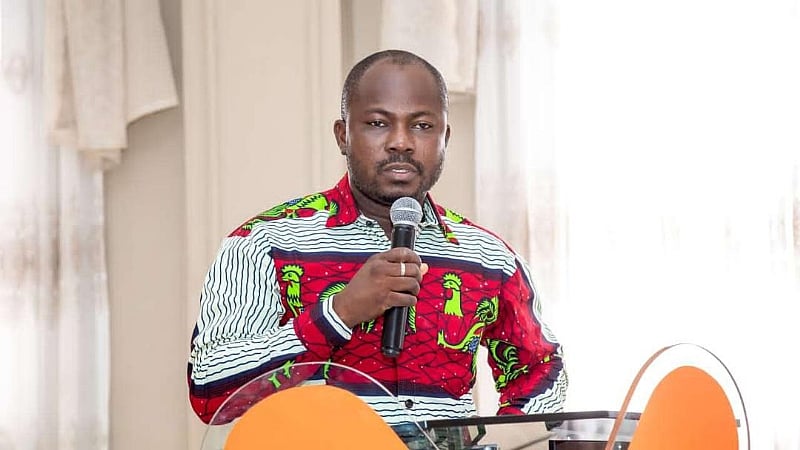The political climate in Akwatia, Ghana, is heating up as the September 2nd by-election approaches, with both the ruling National Democratic Congress (NDC) and the opposition New Patriotic Party (NPP) engaging in a tense exchange regarding security measures and potential voter intimidation. The NPP, through its Deputy General Secretary, Haruna Mohammed, has voiced concerns about alleged plans by the NDC to use National Security operatives to intimidate NPP supporters. In response, Mr. Mohammed announced “Operation Firewall,” an initiative designed to protect NPP members in the constituency. He likened the operation to a digital firewall, which prevents unauthorized access and protects against harmful viruses. Mr. Mohammed insists that the NPP’s actions are within their constitutional rights to self-defense. This pre-emptive defensive stance underscores the deep mistrust between the two parties and hints at the volatile nature of the by-election.
The NPP’s accusations of intimidation tactics by the NDC highlight the high stakes involved in the Akwatia by-election. By-elections often act as a barometer of public sentiment towards the ruling party and can significantly influence the political landscape. The implication of National Security personnel in potential intimidation schemes raises serious concerns about the fairness and transparency of the electoral process. The NPP’s preemptive defensive posture, while ostensibly aimed at protecting its supporters, could inadvertently contribute to escalating tensions and potentially incite confrontations if not carefully managed. The claim of self-defense, while legally permissible, needs to be exercised with utmost restraint to avoid exacerbating an already tense situation.
On the other hand, the Ghana Police Service, tasked with maintaining law and order, has sought to reassure residents about its heavy deployment of personnel in Akwatia. With approximately 5,000 officers deployed, the sheer number has understandably fueled speculation and anxiety among some residents. The Director of Public Affairs, ACP Grace Ansah-Akrofi, has emphasized that the deployment’s primary purpose is to guarantee security and safeguard the electoral process, not to intimidate voters. The Police Service’s assurances aim to alleviate fears and maintain public trust in their impartiality during the by-election. The significant deployment underscores the perceived potential for unrest and the police’s commitment to ensuring a peaceful and credible election.
The contrasting narratives presented by the NPP and the Ghana Police Service paint a picture of a deeply polarized political environment in Akwatia. The NPP’s apprehension about potential intimidation tactics and their proactive self-defense strategy reflect a lack of trust in the state’s security apparatus to protect their supporters. Conversely, the police’s emphasis on security and protection seeks to project an image of impartiality and commitment to maintaining order. The differing interpretations of the situation highlight the need for clear communication and transparency from all stakeholders to mitigate tensions and ensure a free and fair election.
The success of the by-election hinges on the ability of all involved parties to exercise restraint and uphold the principles of democratic governance. The NPP’s “Operation Firewall,” while potentially justifiable as self-defense, carries the inherent risk of escalating tensions if not implemented responsibly. The police, in turn, must demonstrate impartiality and professionalism in executing their duties, ensuring that their presence is perceived as protective and not intimidating. Effective communication and engagement with the community are crucial for building trust and allaying fears among residents.
Ultimately, the Akwatia by-election serves as a test of Ghana’s democratic maturity. The ability of the various stakeholders – political parties, security forces, and the electorate – to navigate the tense political climate peacefully and ensure a credible election will determine the legitimacy and acceptance of the outcome. The focus should remain on ensuring that the voices of the Akwatia constituents are heard and respected, and that the electoral process is free from intimidation and manipulation. The future stability and democratic progress of Ghana depend on the peaceful and transparent conduct of this by-election.


